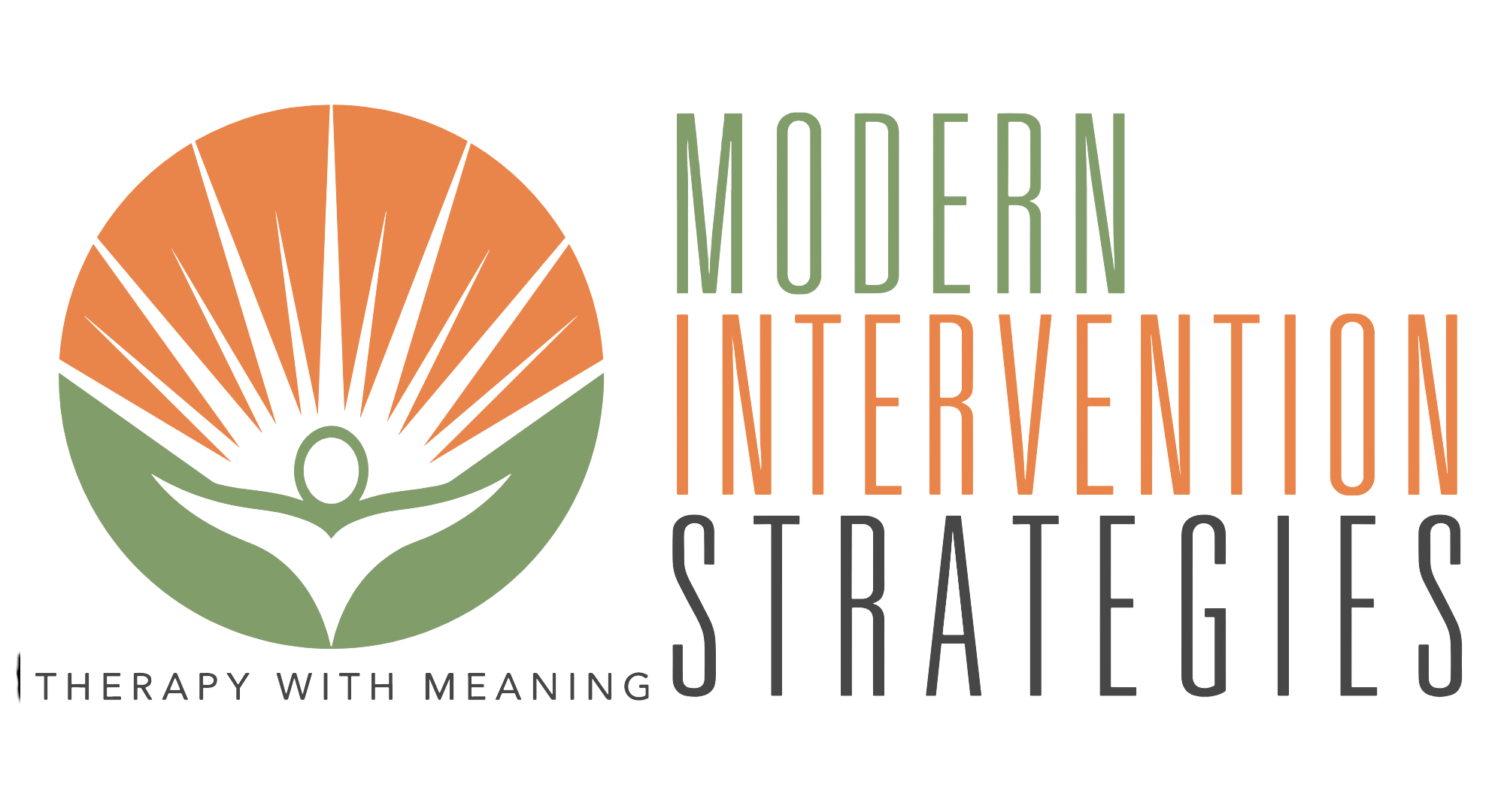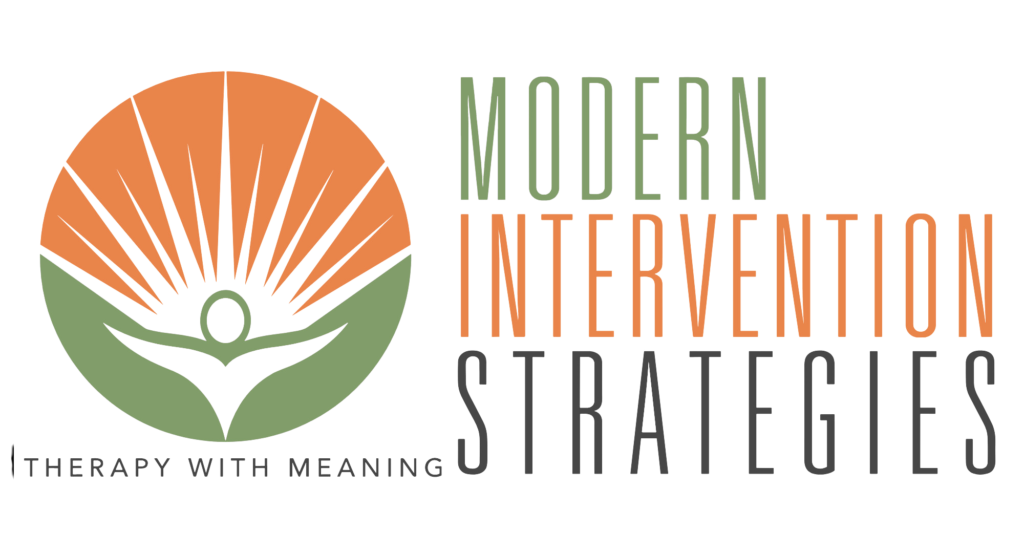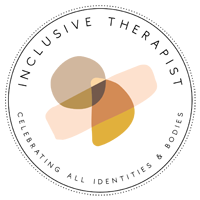Social anxiety is a psychological disorder characterized by a prolonged fear of social situations. This condition can significantly impact different aspects of a person’s life, such as their capacity to work, attend school, and maintain social connections. It can be a debilitating condition that requires professional help to overcome. The roots of social anxiety can be complex and varied. Still, several common factors contribute to its development.n

One major root of social anxiety is genetics. Studies indicate that people with a family history of anxiety disorders have a higher risk of developing social anxiety than those without such a history. Additionally, individuals with a shy or inhibited temperament as children may be at an increased risk for social anxiety in adulthood.n
Another root of social anxiety is a negative or traumatic social experience. This can include experiences such as bullying, rejection, or humiliation in social situations. These experiences can create a negative self-image and reinforce beliefs that social situations are unsafe or threatening.n
Cognitive factors also play a significant role in the development of social anxiety. Individuals with social anxiety often have negative thoughts and beliefs about themselves and their ability to handle social situations. For example, they may believe they are unlikable, or others will judge them harshly. These thoughts can lead to avoiding social situations and further reinforce the belief that social situations are unsafe.n
Fortunately, there are several effective strategies for combating social anxiety. These include:
- Cognitive-behavioral therapy (CBT): This type of therapy focuses on changing negative thoughts and beliefs about oneself and social situations. It also includes exposure therapy, where individuals gradually confront feared social situations in a safe and supportive environment.
- Mindfulness-based interventions: These interventions aim to help individuals concentrate on the current moment and release any opposing thoughts or emotions. This can help reduce anxiety and increase feelings of calmness and acceptance.
- Medication: Selective serotonin reuptake inhibitors (SSRIs) are among the medications found effective in treating social anxiety. Nevertheless, it’s important to note that medication should be taken as part of a comprehensive treatment plan that includes therapy and should always be supervised by a healthcare professional.
- Lifestyle changes: Engaging in regular exercise, getting enough sleep, and practicing relaxation techniques such as deep breathing or meditation can also help reduce social anxiety.
- Social skills training: Individuals with social anxiety may benefit from learning specific social skills, such as assertiveness, active listening, and effective communication. Social skills training can help individuals feel more confident and comfortable in social situations.
- Group therapy: can be a beneficial treatment choice for individuals dealing with social anxiety. It provides a supportive and safe environment to practice social skills and learn from others who have similar experiences.
- Self-care: Engaging in self-care activities, such as spending time in nature, practicing hobbies, or spending quality time with family and friends, can have a positive impact on a person’s mental health, as it can help alleviate stress and boost their overall sense of well-being. It is essential to prioritize self-care activities to manage social anxiety effectively.
- Gradual exposure to social situations: Gradually exposing oneself to feared social situations, with the guidance of a mental health professional, can help reduce anxiety and increase confidence in social situations.
- Support network: Having a support network of friends, family, or a therapist can provide a safe and supportive space to share feelings and experiences and provide encouragement and validation.
- Mindset shift: Reframing negative thoughts and beliefs about social situations can help reduce anxiety. For example, instead of thinking, “Everyone will judge me at this party,” try to reframe it as “I might meet some interesting people at this party.”
What is Social Anxiety?

Social anxiety is a mental health disorder characterized by a persistent fear of social situations. It can manifest as an intense fear of being judged or evaluated negatively, a fear of humiliation, or a fear of being embarrassed in social situations. The fear associated with social anxiety can be so intense that some individuals may choose to avoid social situations entirely, which can result in feelings of loneliness and isolation.
Roots of Social Anxiety
There are numerous factors that can contribute to the development of social anxiety, including genetics, negative or traumatic social experiences, and cognitive factors.
Genetics: Research suggests that social anxiety has a hereditary component. It indicates that people with a family history of anxiety disorders are more susceptible to developing social anxiety.
Negative or traumatic social experiences: Negative or traumatic social experiences, such as bullying, rejection, or humiliation, can create a negative self-image and reinforce beliefs that social situations are unsafe or threatening.
Cognitive factors: Individuals suffering from social anxiety often have negative thoughts and beliefs about themselves and their ability to handle social situations. These thoughts can lead to the avoidance of social situations and further reinforce the belief that social situations are unsafe.
Combatting Social Anxiety
Several effective strategies can help individuals combat social anxiety, including cognitive-behavioral therapy (CBT), mindfulness-based interventions, medication, lifestyle changes, social skills training, group therapy, gradual exposure to social situations, and a support network.n
Cognitive-behavioral therapy (CBT): Cognitive-behavioral therapy (CBT) centers on modifying negative thoughts and beliefs related to oneself and social situations. It also includes exposure therapy, where individuals gradually confront feared social situations in a safe and supportive environment.n
Mindfulness-based interventions: help individuals concentrate on the present moment and release negative thoughts and emotions. This can help reduce anxiety and increase feelings of calmness and acceptance.n
Medication: Selective serotonin reuptake inhibitors (SSRIs) are a type of medication that can effectively treat social anxiety. However, medication should be taken in conjunction with therapy and under the supervision of a healthcare professional.n
Lifestyle changes: Engaging in regular exercise, getting enough sleep, and practicing relaxation techniques such as deep breathing or meditation can also help reduce social anxiety.n
Social skills training: Individuals with social anxiety may benefit from learning specific social skills, such as assertiveness, active listening, and effective communication.
Group therapy: Group therapy provides a supportive and safe environment to practice social skills and learn from others who have had similar experiences.n
Gradual exposure to social situations: Gradually exposing oneself to feared social situations, with the guidance of a mental health professional, can help reduce anxiety and increase confidence in social situations.
Support network: Having a support network of friends, family, or a therapist can provide a safe and supportive space to share feelings and experiences and provide encouragement and validation.
Challenges of Overcoming Social Anxiety
Overcoming social anxiety can be challenging, as it requires individuals to face their fears and change deeply ingrained thought patterns and behaviors. The process can also be slow and gradual, and setbacks are common.
However, with the right support, individuals with social anxiety can learn effective coping strategies and develop new social skills to manage their symptoms. It’s important to remember that overcoming social anxiety is a journey and may take time, patience, and persistence.n
Common Social Anxiety Triggers
Social anxiety can arise in response to various social situations, including:
Public Speaking: Public speaking is a common trigger for social anxiety. It involves being the center of attention and the fear of being judged by others.
Meeting new people: Social anxiety can make meeting new people challenging, as it involves the fear of being judged, rejected, or humiliated.
Parties and social events: Individuals with social anxiety may find parties and other social events overwhelming, as they involve being surrounded by many people and apprehensive of being scrutinized or turned down.
Job interviews: Job interviews can be a significant trigger for social anxiety, as they involve being evaluated and judged by others.
Performance evaluations: Performance evaluations can be stressful for individuals with social anxiety because they involve feedback and evaluation from others.
Effective Strategies for Managing Social Anxiety Triggers
Here are some effective strategies for managing social anxiety triggers:
Prepare: Preparing for social situations, such as public speaking or job interviews, can help reduce anxiety. Practicing and visualizing the problem can help increase confidence and reduce stress.
Use positive self-talk: Positive self-talk can help reduce negative thoughts and increase confidence. Affirmations such as “I can handle this” or “I am capable” can help reduce anxiety.n
Focus on the present moment: Concentrating on the present moment can help reduce anxiety. Paying attention to your breath, surroundings, or physical sensations can help ground you in the present moment and reduce stress.
Challenge negative thoughts: Challenging negative thoughts and beliefs about social situations can help reduce anxiety. Reframing negative thoughts into positive or neutral ones can help reduce anxiety.n
Seek support: Seeking support from a mental health professional, support group, or trusted friend or family member can provide a safe and supportive space to share feelings and experiences and provide encouragement and validation.
Benefits of Overcoming Social Anxiety
Overcoming social anxiety can have many benefits, including:
Increased self-confidence: Overcoming social anxiety can improve self-confidence and self-esteem as individuals learn effective coping strategies and develop new social skills.
Improved relationships: Overcoming social anxiety can lead to enhanced relationships with others, as individuals are better able to connect with others and build meaningful relationships.n
Enhanced career opportunities: Overcoming social anxiety can lead to enhanced career opportunities, as individuals are better able to communicate with others and build professional relationships.
Increased overall well-being: Overcoming social anxiety can improve overall well-being, as individuals experience less stress and anxiety and are better able to enjoy social situations and life in general.n
Increased sense of fulfillment: Overcoming social anxiety can lead to a greater understanding of fulfillment, enabling individuals to pursue their passions and develop deeper connections with others more effectively.
Social anxiety is a mental health disorder that can make social interactions difficult and uncomfortable. It affects millions of people worldwide, and if left untreated, it can negatively impact an individual’s life, career, and relationships. However, social anxiety is treatable, and understanding the roots of social anxiety can be the first step in overcoming it.







